BBC iPlayer loophole finally ends: From September, you'll have to pay
Want to watch BBC iPlayer on catch-up? That'll be £145.50, please
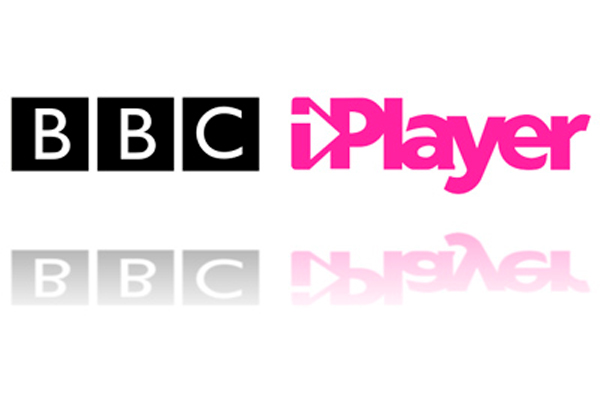

BBC iPlayer freeloading is set to end in September.
Since the BBC's streaming site launched in 2007, Brits have only been asked to pay the full licence fee if they watch live broadcasts, but not for catch-up TV, a policy that costs the BBC around 150 million annually.
That is set to change as of 1 September, with catch-ups, downloads and live broadcasts all requiring viewers to shell out the 145.50 annual fee.
The change was announced last year, but the BBC has only now confirmed how much longer web users will get a free ride.
"From 1 September 2016 you will need to be covered by a TV Licence to download or watch BBC programmes on demand, including catch up TV, on BBC iPlayer," the TV Licensing website notes. "This applies to any device and provider you use."
That includes watching online via a laptop or tablet, as well as accessing BBC shows via another streaming services, such as Amazon or Roku.
Of course, anyone already paying the licence fee is covered; there is no extra online charge, nor a charge to listen to radio via iPlayer.
Sign up today and you will receive a free copy of our Future Focus 2025 report - the leading guidance on AI, cybersecurity and other IT challenges as per 700+ senior executives
But what happens if you're paid up, and take your tablet to watch a BBC show at someone else's house who hasn't stumped for the fee? Don't worry, the TV Licensing team has thought of that.
"If you already have a TV licence for your address, you will be covered to download or watch iPlayer when you're on the go, provided the device you're using to watch or download programmes isn't plugged into the electricity mains at a separate address," the website reads. "If the device is plugged in at a separate address, you will need to be covered by a licence at that address."
Yes, really: you're legal so long as you don't plug in. The fine for unpaid fees tops out at 1,000.
Freelance journalist Nicole Kobie first started writing for ITPro in 2007, with bylines in New Scientist, Wired, PC Pro and many more.
Nicole the author of a book about the history of technology, The Long History of the Future.
-
 Gender diversity improvements could be the key to tackling the UK's AI skills shortage
Gender diversity improvements could be the key to tackling the UK's AI skills shortageNews Encouraging more women to pursue tech careers could plug huge gaps in the AI workforce
-
 Researchers claim Salt Typhoon masterminds learned their trade at Cisco Network Academy
Researchers claim Salt Typhoon masterminds learned their trade at Cisco Network AcademyNews The Salt Typhoon hacker group has targeted telecoms operators and US National Guard networks in recent years
-
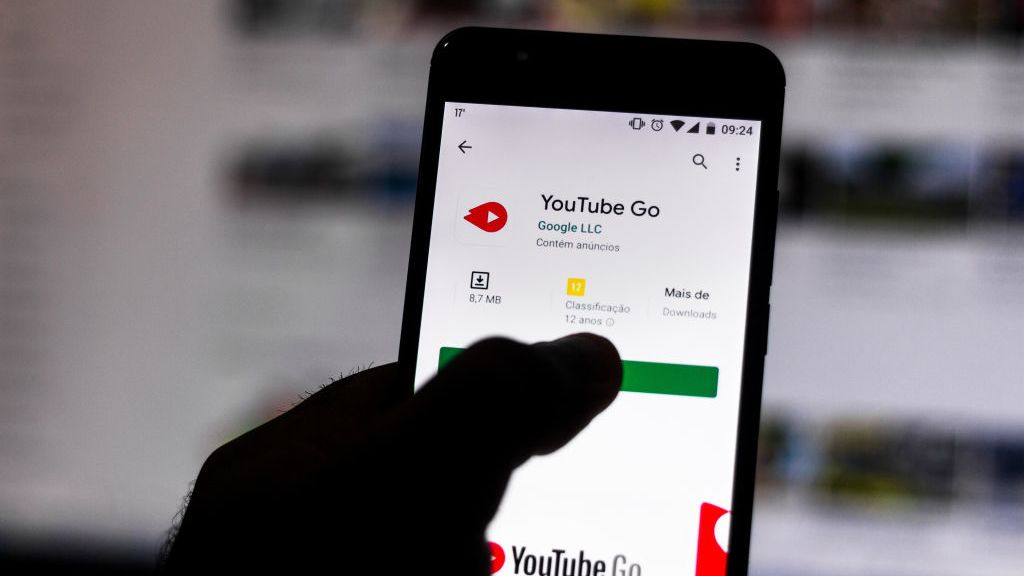 YouTube Go to be shut down from August
YouTube Go to be shut down from AugustNews Google says improvements made to its main YouTube app mean its Go service is no longer required
-
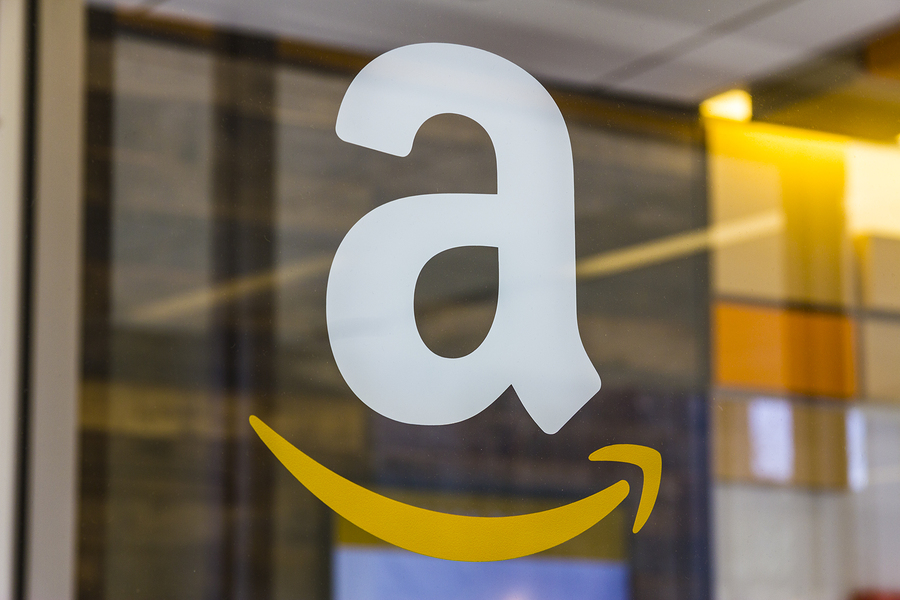 Amazon boosts its streaming business with $8.45 billion MGM deal
Amazon boosts its streaming business with $8.45 billion MGM dealNews Bezos buys Bond, Bilbo Baggins, and Balboa
-
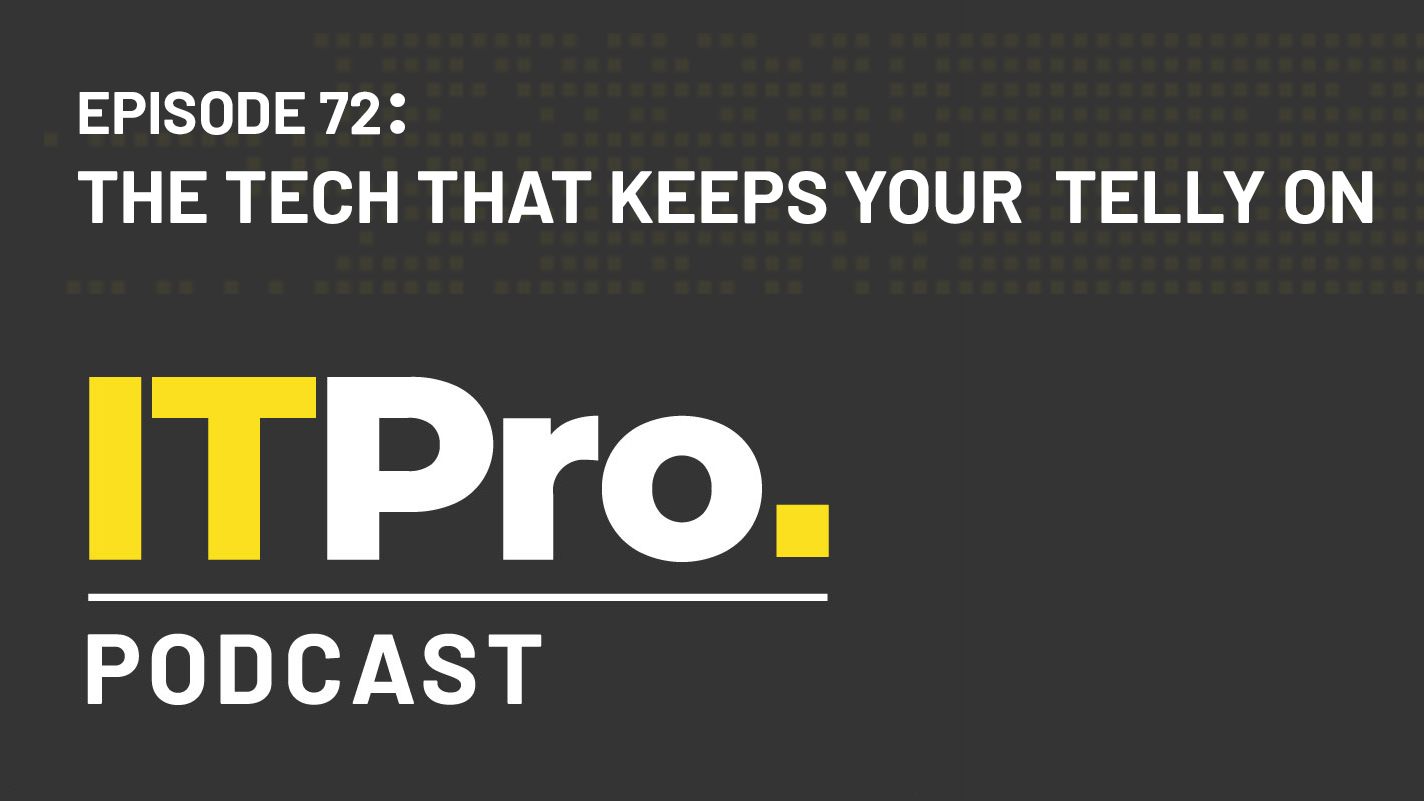 The IT Pro Podcast: The tech keeping your telly on
The IT Pro Podcast: The tech keeping your telly onIT Pro Podcast We dive into the unique challenges of running a satellite TV network
-
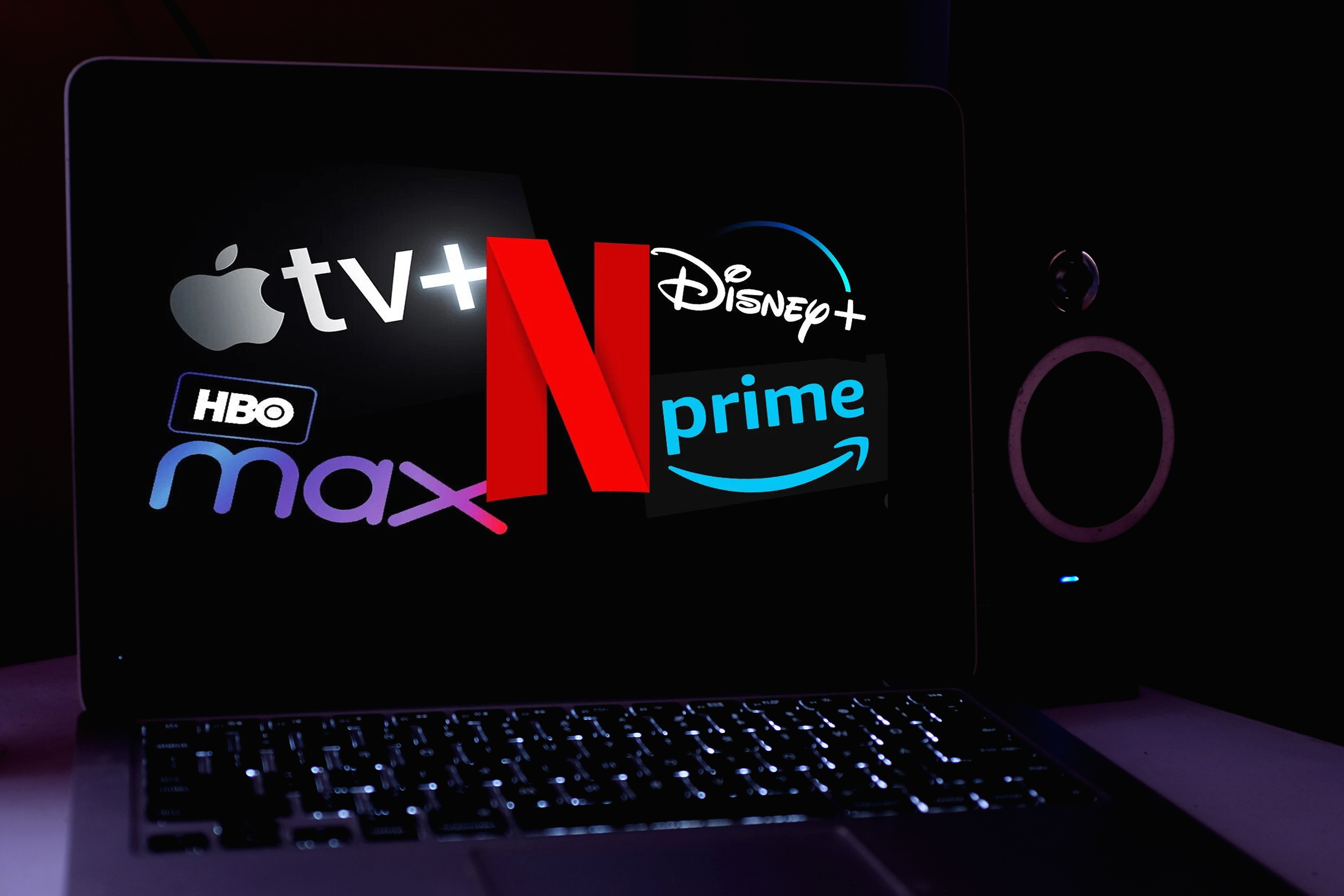 HBO Max enters the streaming wars — does it have what it takes?
HBO Max enters the streaming wars — does it have what it takes?News Will HBO Max subscribers endure its higher monthly fee?
-
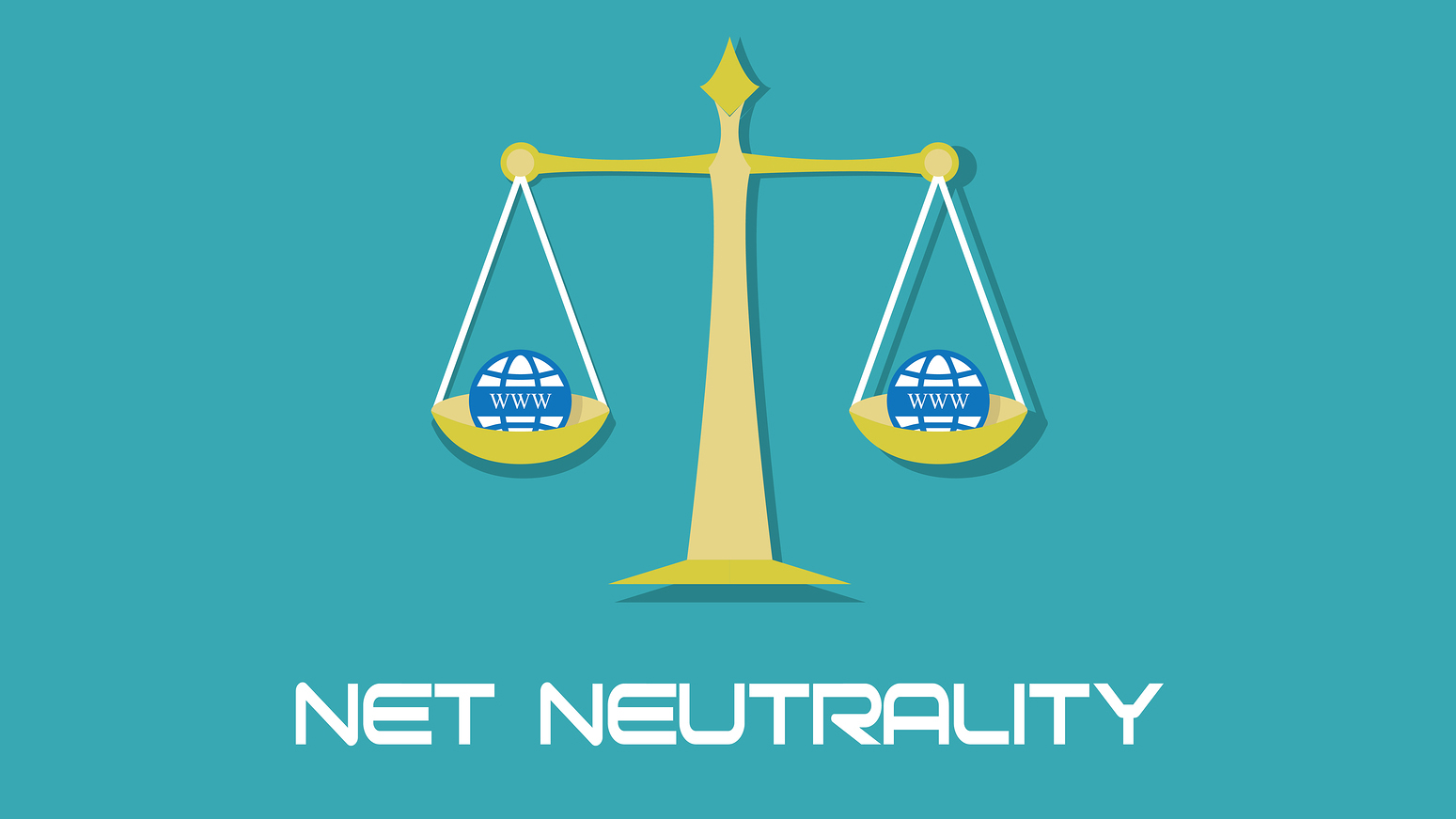 FCC to hand ISP oversight to FTC as net neutrality repeal looms
FCC to hand ISP oversight to FTC as net neutrality repeal loomsNews Internet pioneers protest against the FCC's effort to repeal net neutrality
-
 Three benefits of data streaming platforms
Three benefits of data streaming platformsIn-depth Streaming platforms are designed to solve the explosion of data businesses face
-
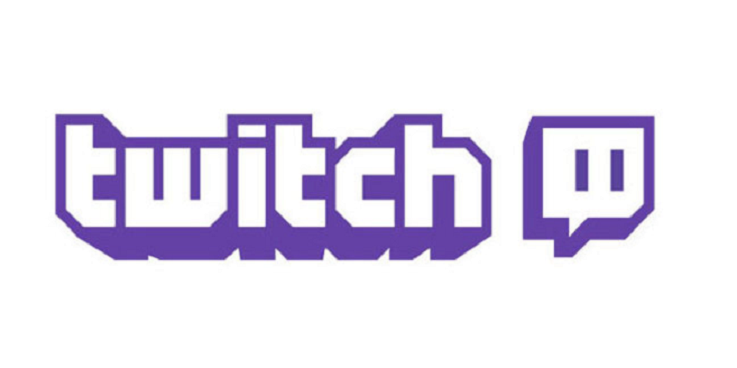 Amazon snaps up Twitch for $970 million in cash
Amazon snaps up Twitch for $970 million in cashNews Twitch turns down Google as it wants to retain independence
